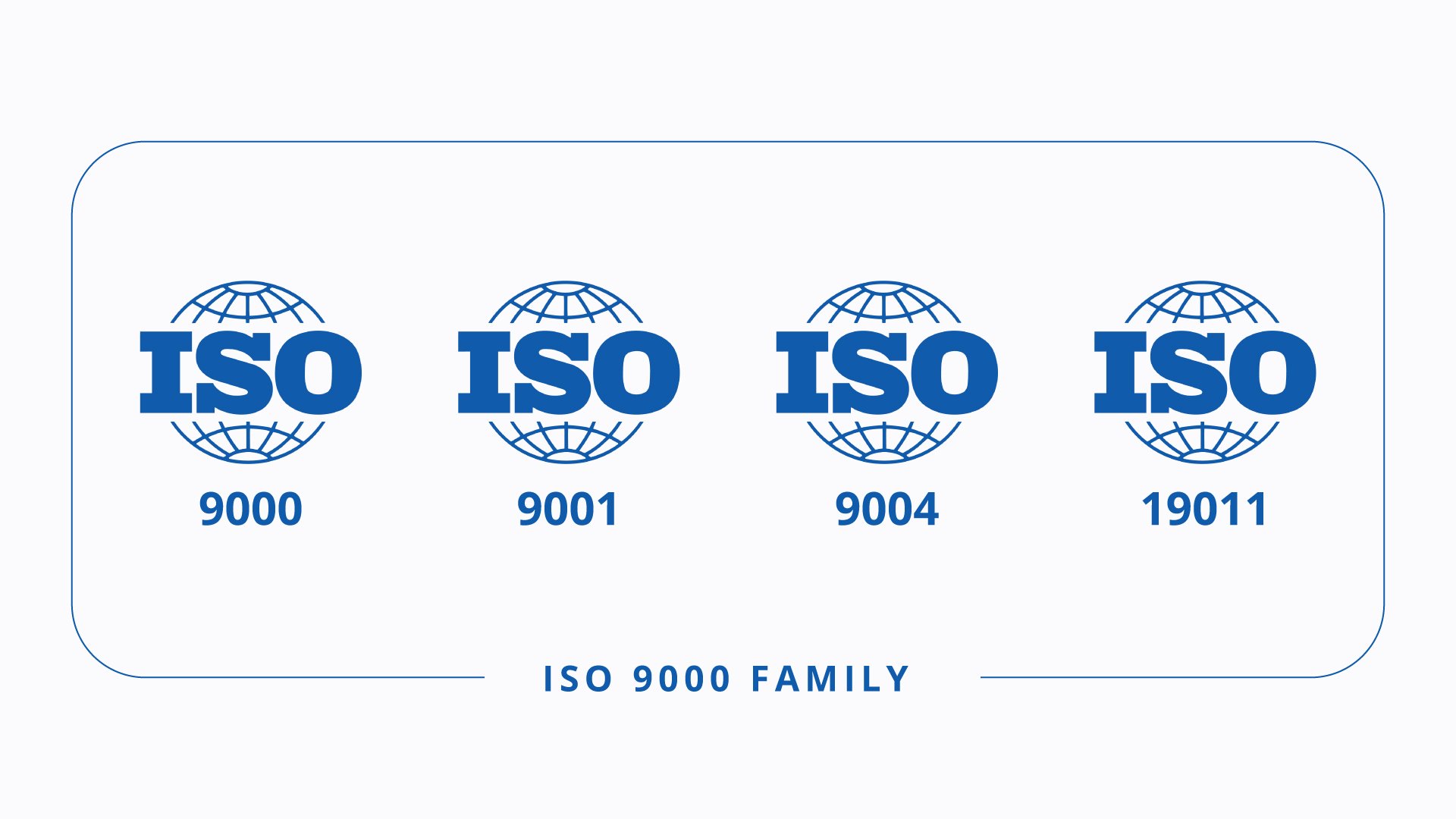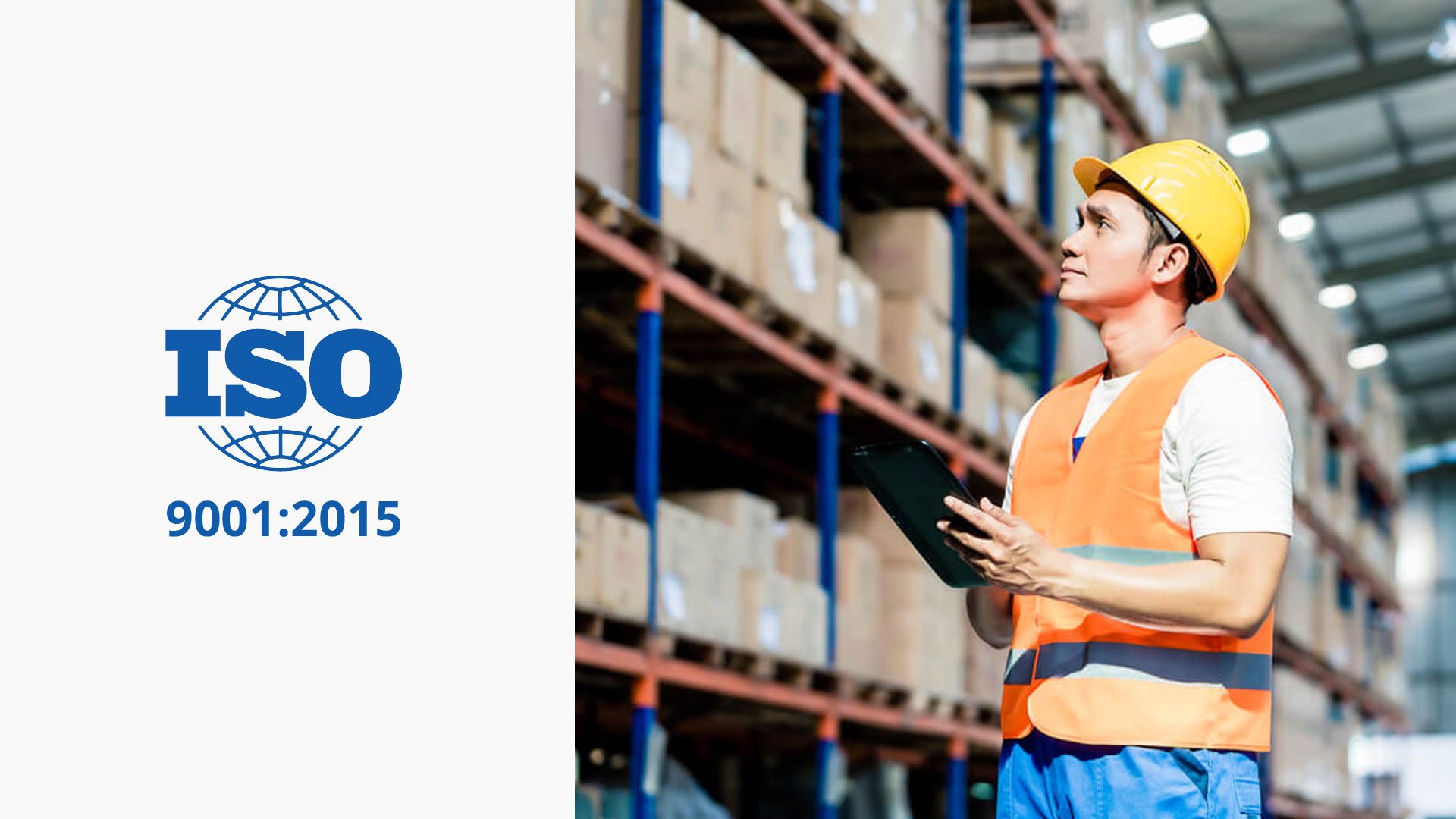There is no ready-made recipe for success.
One possible way is to combine ISO quality management standards with the countless benefits of traceability in the supply chain. This is a sure way to meet your customers' expectations and grow even more!
ISO 9000 is a smart solution that addresses various aspects of quality management and has positively impacted the success of organizations across all sectors.
Safety + quality = trust and new consumers
Nowadays, consumer safety among their other needs are the main focus! Therefore, the quality of what is offered is an essential element for any producer or service provider.
Here, traceability optimizes quality management, improves multiple processes, reduces costs, and also streamlines workflow at all stages of the supply chain - from production through to consumption.
An important observation: those who think that traceability is only the act of following the product until it is delivered to the end consumer are mistaken.
With traceability, any company promptly verifies the information of its products (such as the origin, the inputs, its components, the movements performed, the quality of what is produced and more), identifying the origin and the regulatory standards of any item.
The more information a supply chain manager has, the more assertive, competitive, safe and quick decisions he will be able to make for the business.
Traceability and quality management in the ISO 9000 suite

The International Organization for Standardization (ISO) defines the term traceability as:
The ability to trace the movement history, application, usage, and current location of any product (including its components and features) through data in identification records.
ISO 9001 is the most important international standard in the ISO 9000 family, as it establishes the criteria for a quality management system that can be used by any corporation in any industry, implying many business benefits.
As the only certifiable standard in its family, ISO 9001 optimizes work routines, identifying and resolving bottlenecks such as inefficient procedures or frequent errors.
ISO 9001:2015: identification and traceability

ISO 9001:2015, incorporated by the Brazilian Association of Technical Standards (ABNT) in 2015, hence the addition of the year to the certification identification, establishes the requirements for identifying traceable items throughout the supply chain and sets out appropriate means for recording and storing information.
It is, in short, a certification that incorporates the need to organize processes for traceability.
The regulation dictates:
- On the need for there to be a unit of identification (at unit or batch level) of the item in question - be it an input, component or the final product;
- That the item in question must be identified and have its traceability-relevant information duly registered, enabling traceability in the regular or reverse chain flow.
This identification is basically the common recognition of an item, shared by the entire supply chain and its agents.
Simply put: a traceability system can identify a product by means of a code - bar code, or QR code, for example - printed on a box or pallet, through which data concerning the product is accessed and transmitted.
When a product's current status and relevant information are available to all agents of the production and supply chain, its quality and safety can be efficiently assured.
ISO standards related to traceability in the automotive industry
Manufacturers in the automotive industry are responsible for supervising the quality management systems of their suppliers. In cases where there are many suppliers, the evaluation criteria must be standardized.
Quality requirements, delivery times, and other information are specified by the global standard ISO / TS 16949, based on ISO 9001.
The international standard ISO 26262, on the other hand, relates to the functional safety of specific products, covering their entire life cycle in the supply chain.
Remember! The combination of ISO quality management standards with traceability functionalities and inovation can be the competitive edge your company needs.
This duo, when combined, has proven its efficiency within different sectors and industries
- identifying the origin of quality problems through a traceable supply chain history
- optimizing and automating inventory control
- providing accuracy and certainty for potential recalls;
- increasing process efficiency and, consequently, reducing costs;
- structuring the relationship of trust with the consumer through information transparency
- protecting the brand
- facilitating access to external markets that require safety, quality and traceability
- and fomenting a competitive business advantage.
Does your company invest or intend to invest in identification and traceability in the supply chain? Tell us about your experience in the comments,!
Any questions left? Want to research more about these topics? Check out the official ISO website or talk to our team.
https://www.iso.org/standards.html
https://www.tracktracerx.com/contact
We are ready to guide your company through quality improvement processes based on international standards and traceability.
FAQ
1. How does ISO 9001:2015 apply to my industry?
There are some quality management system standards tailored to specific sectors and industries:
- ISO 13485:2016: focused on medical devices, meeting requirements for regulatory purposes.
- ISO / TS 54001:2019: meets particular requirements for electoral organizations at all levels of government.
- ISO / TS 22163:2017: focused on railway applications.
- ISO 29001:2020: focused on oil, petrochemical, and natural gas industries.
- ISO / IEC / IEEE 90003:2018: focused on software engineering.
2. Does my company need ISO 9001:2015 certification?
ISO recommends that any organization conduct internal audits to verify the functioning of its quality management system. Here you can find additional information about certified management system standards.

COMMENTS